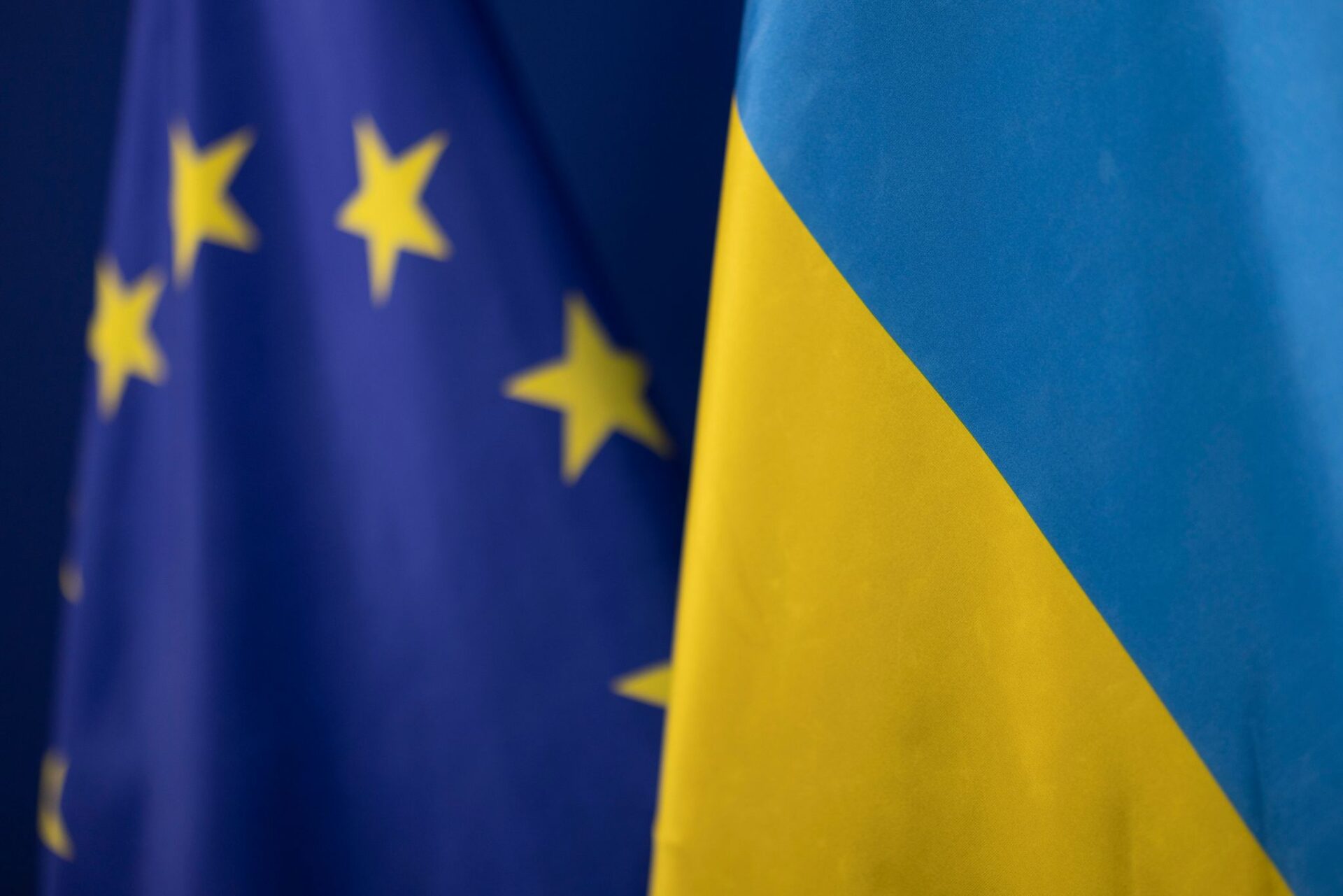Brussels – Brussels media are noting the statement of the winner of the Czech elections Andrej Babiš, that he wants to be a very reliable partner for the European Union. Nevertheless, there are concerns that the new government may change the Czech Republic’s stance towards Ukraine, and therefore EU countries might accelerate decision-making on some important issues even now, before Babiš takes office, wrote the Politico website. He mentioned in this context, for example, the planned reparative loan for Ukraine or the resolution of the deadlock regarding the potential membership of Ukraine and Moldova in the EU.
“The European Union was shaken over the weekend after right-wing populist Andrej Babiš and his ANO movement won the Czech parliamentary elections by a large margin, which could mean that another anti-Ukrainian voice may emerge among European leaders,” Politico wrote. “Members of the far-right group Patriots for Europe – which includes Babiš’s ANO and Orbán’s Fidesz – loudly celebrated his victory. Meanwhile, Babiš has tried to reassure those who fear he could become another permanent opponent of the EU and NATO. After the elections, he stated that he intends to be a very reliable partner for the EU,” the website added in its Brussels Playbook newsletter.
The respected website emphasized in this context that parties that take a hard anti-European and anti-NATO stance did not perform particularly well in the Czech elections, so Babiš will not have to adopt their positions. However, the Czech Republic’s stance towards Ukraine will change, especially considering that the likely next prime minister campaigned for reducing aid to Kyiv and also expressed opposition to Ukraine’s membership in the European Union. According to the Brussels website, this could force EU countries to make quick decisions on important issues, such as the rules for EU membership and the loan for Ukraine’s reconstruction, at the next European Council meeting, which begins on October 23 and at which the current prime minister Petr Fiala will likely still represent the Czech Republic.
“Wealthy businessman Andrej Babiš, who claims pro-European views but is also close to Viktor Orbán, won the Czech parliamentary elections. Does this mean another disruption of European cohesion?”, asks the Belgian newspaper Le Soir. The paper features an interview with Belgian political scientist Jean-Louse de Brouwer from the Royal Institute for International Relations Egmont, who suggests that the stance of the twenty-seven towards Kyiv is now expected to become more complicated.
“The European Union granted Ukraine candidate country status and started accession negotiations, but so far it seems that not much has progressed. Europe is trying to define a plan for Ukraine, and with the outcome of these elections in Prague, the common European stance is drifting even further away,” de Brouwer stated. According to the Belgian political scientist, Europe is currently not in the best shape, caught between two powers, the United States and Russia. “It is clear that increasingly frequent national elections with similar results will further increase the risk of losing EU cohesion, which is needed now more than ever,” concluded de Brouwer. (October 6)
 go to the original language article
go to the original language article
